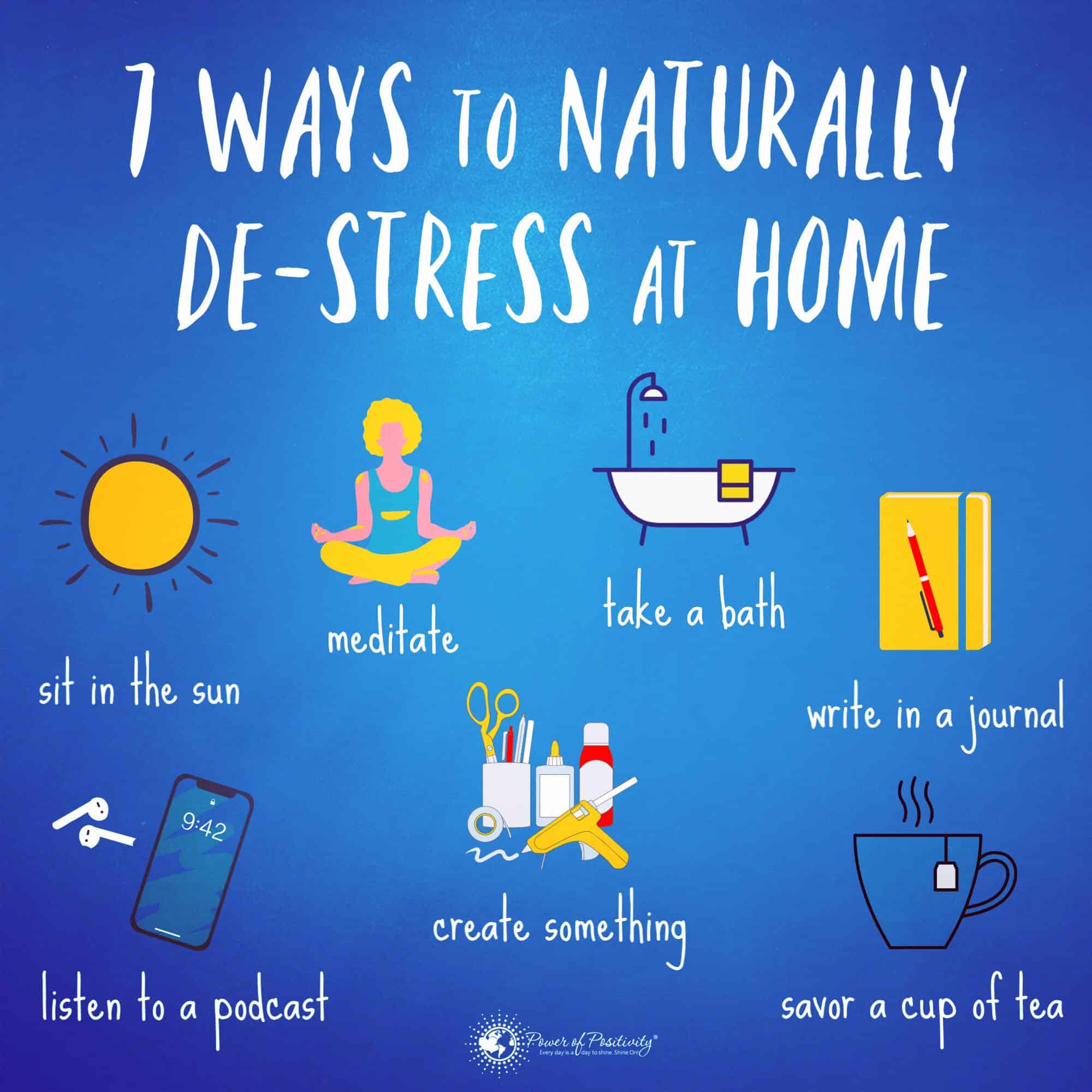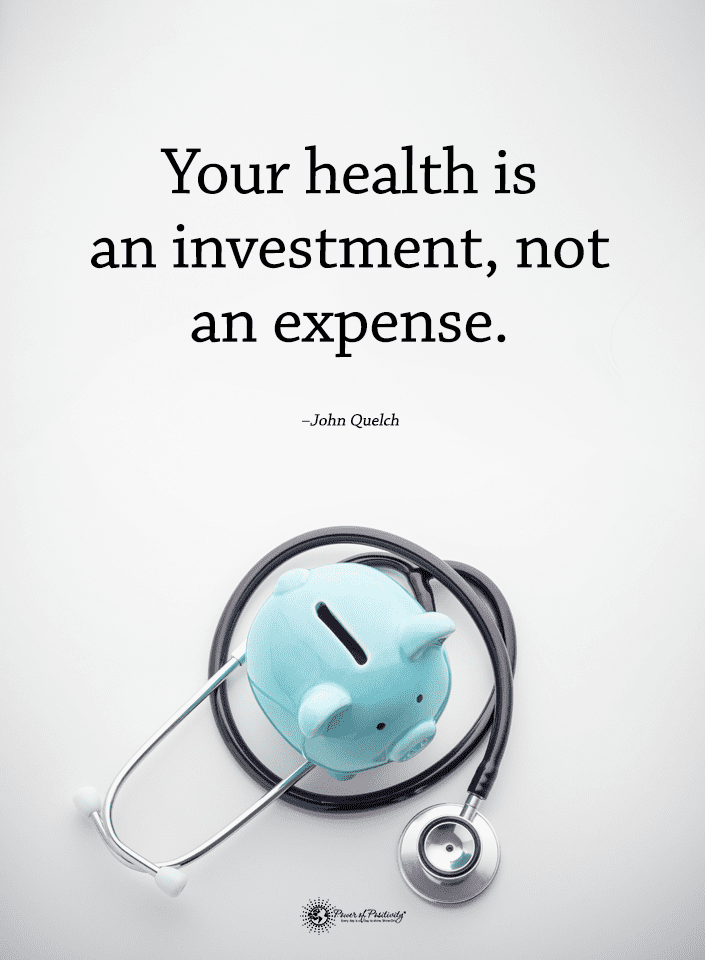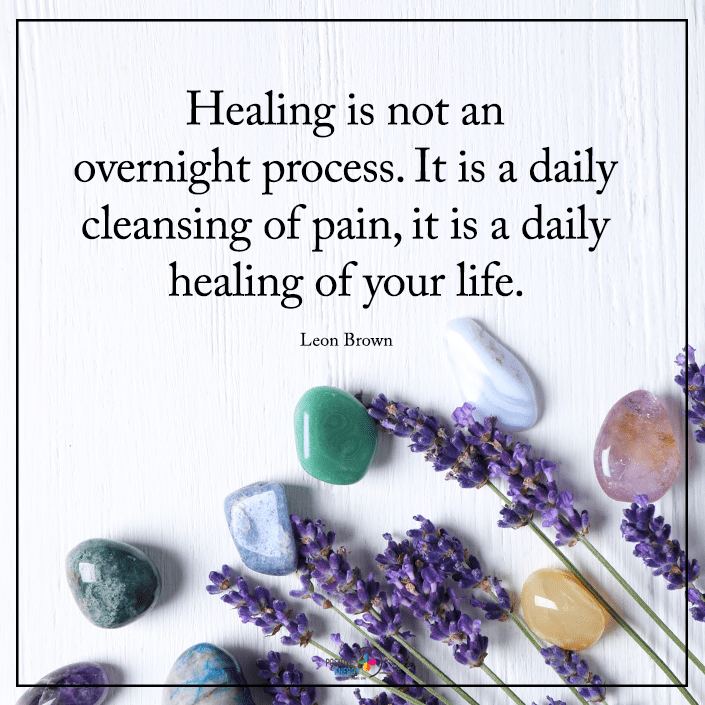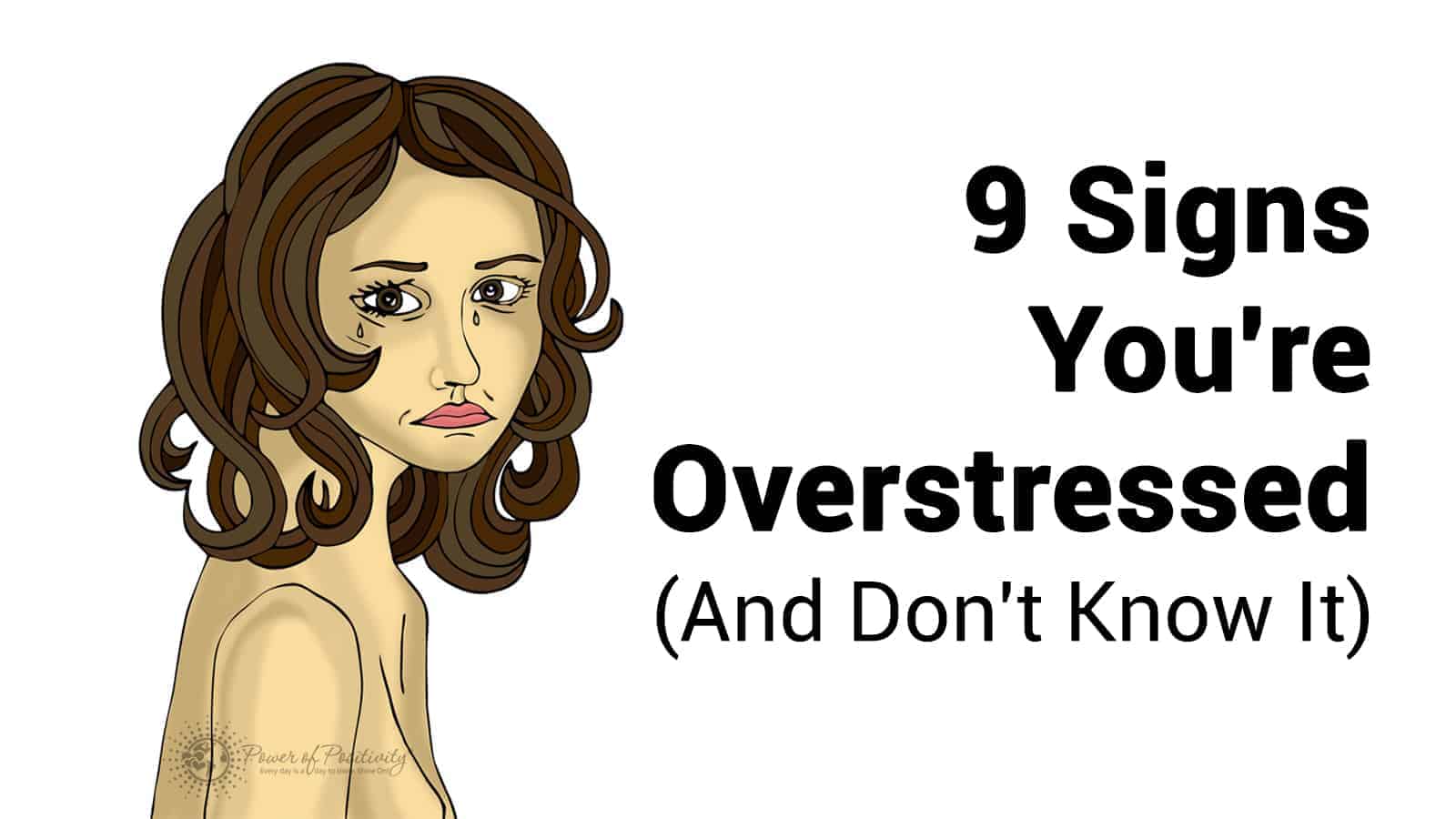Back pain is just a part of daily life for many people, but if you’re trying to manage the pain without any improvement, it could be one of the five signs of the more severe problem of sciatica. We have the information you need to know if your back pain is related to nerve damage or compression and what you can do to reverse it in this article.
5 Clear Signs Your Back Pain Is Sciatica (And How to Reverse It)
The sciatic nerve is the largest and longest in the body. It runs from the low back down to the toes of both of your legs. Pain anywhere along this nerve could be a sign of sciatica, which can be caused by pinching or compression, inflammation, or damage to the sciatic nerve.
In the most severe cases of sciatica, patients are on bed rest for an extended period with no relief from their painful symptoms. In these extreme cases, someone may require surgery to correct the interior of a vertebral disk that has ruptured, has a lesion, or a bulge that is causing pressure on the sciatic nerve.
Excessive twisting, weight-bearing, or straining of the back can all lead to disk problems leading to sciatica pain. Seek the guidance of a medical professional if you are concerned that your back pain is lasting longer than a week, is getting worse, or is limiting your range of motion.
1. Unstable walking
Sciatica can affect the function of the lower legs and feet, and pinching or blockage of the nerve can lead to numbness, tingling, and in some severe cases, total sensory block, which can feel like having a prosthetic limb. With this sciatica problem, the patient may have had lower back pain and difficulty walking or standing for long periods, may often stumble when walking, or may feel like they need the help of a cane to feel more stable.
In these cases, the patient with back pain will experience a severe pain episode, but the pain suddenly goes away. Unfortunately, the pain going away is a sign of a more severe problem because it means that there is no transmission of pain being sent from the point of the pinched nerve either down to the foot or back to the brain to signal a problem.
2. Pain when coughing or sneezing more often
Researchers at the Department of Neurosurgery at Otago University Medical School in New Zealand say ‘One of the most characteristic signs in sciatica and low-back pain due to disc protrusion is an exacerbation of pain on coughing or sneezing. This is, of course, a feature of ‘root pain’ in general.’
It’s a clear sign of sciatica if your lower back feels stiff and the muscles are rigid, and you also experience pain when couching or sneezing. The back muscles are rigid to protect the spine, and the sciatica nerve, almost like a splint would be for a broken leg.
3. Difficulty raising your leg straight out
The New Zealand researchers also looked at patients who had limitations on their range of motion in lifting a leg straight out of them or out in front and slightly at an angle to the right or left. They say that in patients who experience pain when raising a leg straight out, the pain is ‘due to spasm of the hamstring muscles, and this would result from a reflex-mechanism initiated by increases in the strains within the affected nerve root.’
4. Pain can be severe and sharp
Some back pain feels like a warm sensation, tightness, or throbbing in an area the size of the palm of your hand, and this is a sign of typical muscle strain from overexertion. This pain is much less severe than sciatica pain and will subside with rest. A clear sign of sciatica back pain is a sharp, intense feeling like you were zapped with a live electrical wire.
The good news for this kind of low back pain sufferers is that sciatica pain can be lessened and even reversed. A study of chiropractic manipulation treatment to relieve sciatica pain found that ‘Patients receiving active manipulations enjoyed significantly greater relief of local and radiating acute LBP (lower back pain), spent fewer days with moderate-to-severe pain, and consumed fewer drugs for the control of pain.’
5. Pain travels down one leg
Shooting, traveling, or radiating sharp pain is another clear sign that your back pain is related to sciatica and not a pulled muscle. The sciatica nerve extends to the toes, and the entire length of the nerve can carry the sensation of sciatica pain. Pain that travels in the body is usually nerve-related.
Fortunately, some simple yoga poses involving bending at the waist can help reverse sciatica pain. A hamstring stretch done by sitting with your legs out in front of you can loosen the hips and lower back muscles to ease pressure and tightness against the sciatic nerve.
Other Habits to Reduce Sciatica Pain
Reduce sciatica pain with good nutrients
An effective way to reduce your sciatica pain is to eat foods rich in good nutrients. Eating these foods lowers your inflammation. Choose a diet rich in fresh vegetables, wholesome fruits, fatty fish, nuts, and seeds to decrease inflammation and improve overall health.
Drink healthy teas to reduce your sciatica pain
Certain teas boost your immunity and reduce inflammation. Drinking these healthy teas can help you deal with sciatica pain naturally. The best inflammation lowering teas to drink if you have sciatica pain are:
- Ginger tea
- Black teas
- Turmeric teas
- Green teas
Heat and ice therapy
You can get relief from your sciatica pain by alternating ice and heat on your lower back and legs. Ice reduces inflammation to ease your pain. The heat causes your blood to flow to the painful areas, which helps bring healing to those areas. The sciatica pain may cause you to overuse other muscles as you compensate. Then you end up with pain in other parts of your body. Use ice and heat therapy to help relax these different muscles.
Pressure Relief Cushion
Sitting a lot at work could be why you’re suffering from sciatica. It may be time for you to purchase a pressure relief cushion for your desk chair. These pressure relief cushions help you sit appropriately, so your weight is distributed correctly. This position takes the pressure off your spine and relieves your sciatica discomfort.
Good posture
Poor posture is one of the significant causes of sciatica pain. Having good posture when sitting or standing helps your body have an average balance. It also relieves tension in your body. If you notice yourself slumping or swaying your back, pull in your stomach and put your shoulders back relaxed to regain proper posture.
Lose weight
If you’re overweight, it can make sciatica worse. Extra weight means extra pressure on your spine, muscles, and joints. If your spine pushes down on your sciatica nerve, you’ll feel a burning pain radiating in your buttocks and down your leg. Back pain alone probably isn’t sciatica.
Gentle stretches
Do some gentle stretches to get relief from your sciatica discomfort. Here are three for you to try.
1 – Pelvic Tilt
This stretch will strengthen your lower stomach muscles and stretch your lower back.
- Lie on your back, knees bent.
- Breathe easily as you tighten your stomach muscles with your back flat on the floor.
- Title your pelvis upward towards the ceiling and hold for 5 seconds.
- Repeat ten times.
2 – Knee to chest
This reduces nerve compression in your lower back.
- Lie on your back, knees bent
- Gently pull up your right knee to your chest.
- Hold with your hand for 10 seconds.
- Then do your opposite knee and hold for 10 seconds.
- Repeat this five times on each knee.
3 – Leg extension
This strengthens your stomach and stretches your leg muscles.
- Get on all fours.
- Pull in your stomach to keep your back flat.
- Raise one leg upwards behind you, straight out
- Hold for 5 seconds.
- Repeat with the other leg.
- Do this ten times. Try extending the opposite arm with each leg extension if you get good at this.
Massage
Getting a massage can relieve the pain because of sciatica. Find an experienced masseuse who knows how to massage the sciatica nerve area. A massage could be helpful in the first few weeks to reduce your pain and increase your mobility.
Take magnesium
Magnesium soothes inflamed nerves. Eat magnesium-rich foods in your diet, including:
- Almonds
- Cashews
- Dark chocolate
- Edamame
- Kidney beans
- Oatmeal
- Peanuts
- Pumpkin seeds
- Shredded wheat cereal
You can also take calcium and magnesium supplements to get extra magnesium to reduce your pain.
NSAIDs short term
For short-term relief, take ibuprofen or acetaminophen. If the pain is intense, these drugs can help you relax to begin doing some stretches. Acute sciatica lasts anywhere from 4 to 6 weeks. Chronic sciatica can last up to eight weeks. Depending on what’s causing your sciatica, it may take longer. Don’t take NSAIDs for more than a couple of days, then move on to more natural remedies to deal with your pain.
Chiropractor
Your chiropractor can manipulate your back to improve your spine alignment and bring you some relief. They can tell you if you have damaged your spine with a herniated disc or maybe spinal stenosis, which is a narrowing of your spinal canal. Getting your spine manipulated reduces the pain and heals the sciatica nerve damage.
Change your position frequently
If you sit or stand a lot, keep changing your position frequently. You may want to lie down for five to ten minutes to allow your sciatica to settle down and your nerves to relax. Take a hot shower to ease the pain and relax your muscles.
Get more hip strength and flexibility.
Your glute muscles support your walking motion. If these muscles are weak or tight and you sit a lot at work or school, you’ll be susceptible to sciatica problems. This combination puts strain on your hip muscles around the sciatic nerve. You end up with burning pain that runs up and down your leg and buttocks. Improving your hip strength can ease this type of pain. Doing exercises or stretches helps strengthen these areas. Also, increasing your flexibility with yoga or pilates will help reduce your sciatica pain.

Final Thoughts on Managing Sciatica Pain
Sciatica pain disrupts your ability to do your normal daily activities. You can try these (mostly) natural ways to relieve your sciatica pain and get your pain-free life back. Whether you try taking extra magnesium, doing gentle stretches, or using a pressure relief cushion, these suggestions are tried and accurate methods for sciatica pain relief. Don’t give up. It’s possible to heal your sciatica to get back to the busy, active lifestyle you love.













